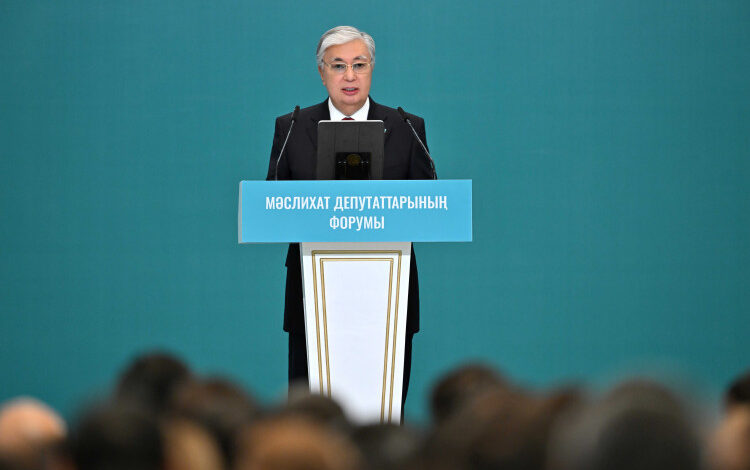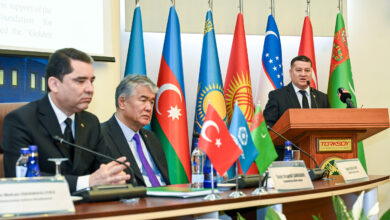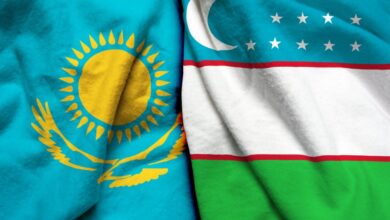President Tokayev Highlights Democratic Reforms and Future Challenges at Maslikhat Session
President Kassym-Jomart Tokayev emphasized the progress of Kazakhstan's democratization process during a recent session of the Maslikhat. He highlighted the introduction of a mixed electoral system for regional maslikhats and the majority system for district deputies, noting that these changes have invigorated political competition and modernized representative bodies.

The recent elections, held under the new rules, saw the inclusion of six political parties in the maslikhats, with only 10% of members elected from party lists. The majority were elected in single-member constituencies, including 434 self-nominated deputies. President Tokayev acknowledged that in the past, political parties failed to engage effectively with various social groups, a gap now addressed through legislative reforms, including a quota for young people in party lists. This change significantly increased youth representation in maslikhats, which was previously less than 2%.
The President also noted an increase in the number of women in representative bodies, especially those focused on protecting women’s rights, a development fully supported by the state.
Looking ahead, Tokayev outlined key tasks for improving the functioning of maslikhats, particularly the need to enhance the competence of deputies. He called for collaboration between political parties and the Academy of Public Administration to provide targeted training for deputies, tailored to regional specifics and the professional experience of the deputies. The President also stressed the importance of direct communication between deputies and citizens to improve transparency and public awareness.
An important focus was expanding maslikhats’ influence on regional economic policies. Tokayev urged deputies to actively participate in discussions on the new Budget and Tax Codes, emphasizing the need to strengthen the financial independence of local governments. He called for efficient and correct allocation of local budgets, urging deputies to take this responsibility seriously.
The President praised the civic engagement of political parties and independent deputies, particularly during the spring floods when thousands of families received assistance through joint efforts by the state, businesses, and society. Tokayev encouraged this spirit of unity in addressing national challenges, stating that improving the quality of life for citizens is a shared goal.
Tokayev also underscored the significance of direct elections for village, district, and city mayors, which have brought a new generation of leaders into local government, many of whom come from entrepreneurial or activist backgrounds. He stressed that akims and maslikhat deputies must work together harmoniously, as they represent the core institutions of governance in the regions.
In addition, the President highlighted the upcoming national referendum on the construction of a nuclear power plant, a project that he described as vital for Kazakhstan’s long-term progress. If approved, the plant would become one of the largest projects in the country’s history, creating opportunities for a new generation of engineers and specialists.
Finally, President Tokayev stressed that democracy is an ongoing process that requires the active participation of citizens. He called for a strong foundation for future generations, emphasizing the protection of children’s rights and fostering their development. Tokayev expressed concern about the growing dependence of young people on digital technologies and called for promoting real-life heroes, pointing to the success of Kazakhstan’s young chess players and academic Olympiad winners as examples.
He also urged the establishment of stronger law and order and a culture of cleanliness in society.



